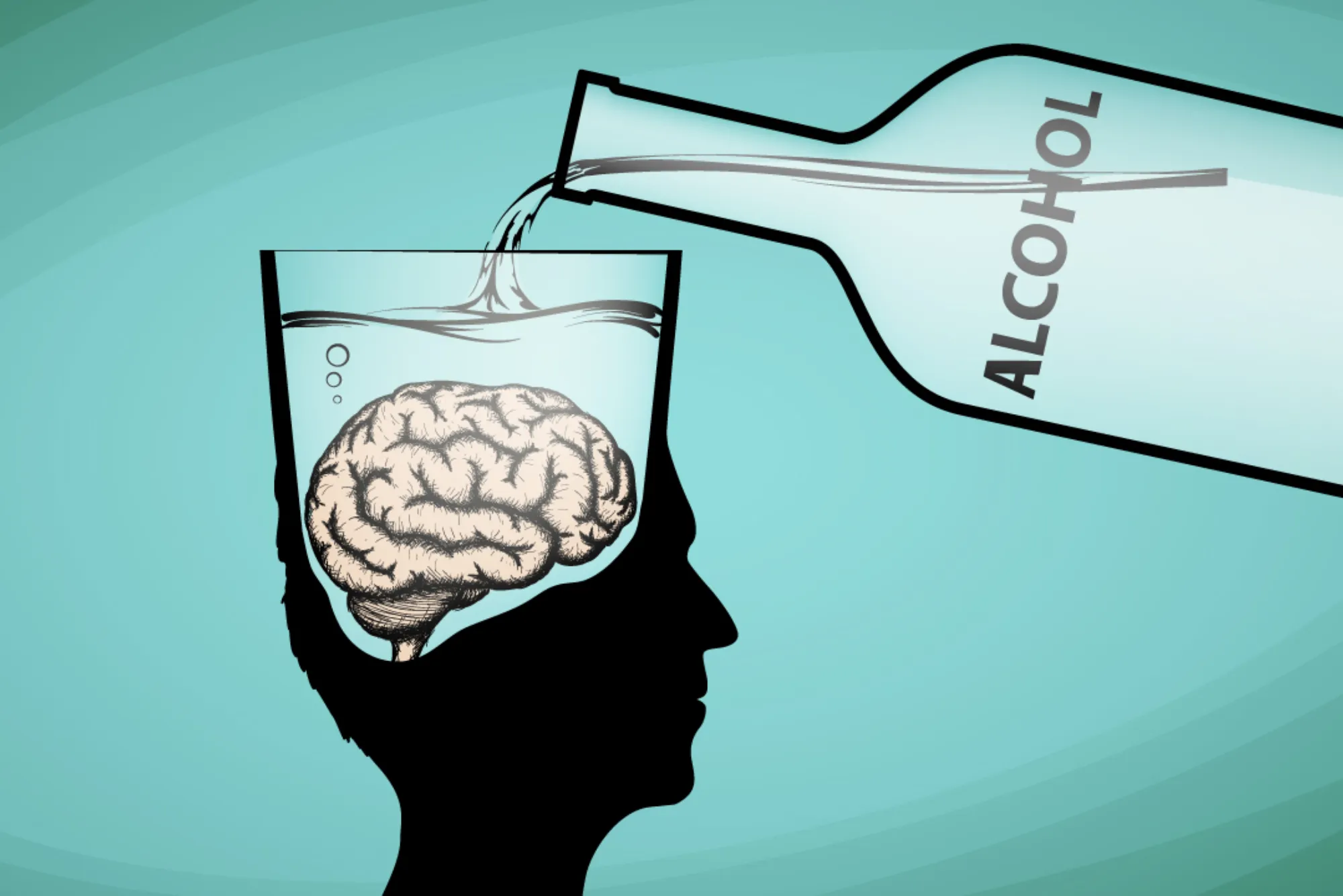How Alcohol Affects Mental Health
Alcohol consumption is a common social activity across the globe. While moderate drinking can be a part of social interactions and celebrations, excessive alcohol use can have severe implications for mental health. Understanding the effects of alcohol on the brain and mental well-being is crucial for making informed choices about drinking.
Immediate Effects of Alcohol on the Brain
When alcohol enters the bloodstream, it quickly reaches the brain and starts to affect its functioning. Alcohol acts as a depressant on the central nervous system, slowing down brain activity. This can lead to a range of immediate effects:
- Impaired judgment and coordination: Alcohol can impair cognitive functions, leading to poor decision-making and decreased motor skills.
- Mood alterations: Drinking can cause temporary euphoria, but it can also lead to mood swings and increased aggression.
- Memory disruption: Even a single episode of heavy drinking can result in blackouts or memory lapses, known as alcohol-induced amnesia.

Long-Term Mental Health Consequences
Chronic alcohol use can have more severe and lasting effects on mental health. Long-term alcohol abuse is associated with numerous psychological conditions, including:
- Depression: There is a strong correlation between heavy drinking and depression. Alcohol can disrupt the balance of chemicals in the brain that regulate mood.
- Anxiety disorders: Alcohol can initially reduce anxiety, but over time, it can worsen anxiety symptoms and lead to dependence.
- Cognitive decline: Prolonged alcohol use can lead to neurodegenerative changes in the brain, resulting in cognitive impairments and an increased risk of dementia.
Alcohol and Depression
Depression and alcohol abuse often co-occur, creating a vicious cycle. Individuals may use alcohol to self-medicate and alleviate feelings of sadness or hopelessness. However, alcohol can exacerbate depression by interfering with neurotransmitters involved in mood regulation. Chronic drinking can also disrupt sleep patterns, further contributing to depressive symptoms.
Alcohol and Anxiety
While some people use alcohol to cope with anxiety, this strategy is counterproductive. Initially, alcohol can have a calming effect, but as tolerance builds, higher amounts are needed to achieve the same relief. This can lead to increased anxiety levels and alcohol dependence. Moreover, withdrawal from alcohol can cause severe anxiety, creating a difficult cycle to break.
Alcohol-Induced Mental Disorders
In some cases, excessive alcohol use can lead to specific mental health disorders. These include:
- Alcohol-induced psychotic disorder: Characterized by hallucinations and delusions, this condition can occur during or after heavy drinking episodes.
- Wernicke-Korsakoff syndrome: This severe brain disorder is caused by a deficiency of thiamine (vitamin B1) due to chronic alcohol consumption. It leads to severe memory problems and cognitive dysfunction.
Impact on Social and Occupational Functioning
Alcohol abuse not only affects mental health but also has significant repercussions on social and occupational functioning. Relationships can suffer due to erratic behavior, mood swings, and neglect of responsibilities. In the workplace, alcohol dependence can lead to decreased productivity, absenteeism, and job loss.
Treatment and Recovery
Addressing alcohol-related mental health issues requires a comprehensive approach. Treatment options include:
- Therapy: Cognitive-behavioral therapy (CBT) and other forms of psychotherapy can help individuals understand and change their drinking behaviors.
- Medication: Certain medications can assist in reducing cravings and managing withdrawal symptoms.
- Support groups: Groups like Alcoholics Anonymous (AA) provide peer support and a structured program for recovery.
Preventing Alcohol Abuse
Prevention is key to mitigating the impact of alcohol on mental health. Strategies include:
- Education: Raising awareness about the risks associated with alcohol abuse.
- Early intervention: Identifying and addressing alcohol use problems early can prevent more severe mental health issues.
- Healthy coping mechanisms: Encouraging alternatives to alcohol for managing stress and anxiety, such as exercise, mindfulness, and social support.
Understanding how alcohol affects mental health is essential for making informed decisions about drinking. While moderate alcohol consumption may not have significant adverse effects, excessive use can lead to a range of mental health issues, from depression and anxiety to severe cognitive impairments. By recognizing the risks and seeking appropriate treatment and support, individuals can reduce the impact of alcohol on their mental well-being and lead healthier, more fulfilling lives.
Human Health and Disease
Human health is a multifaceted concept encompassing physical, mental, and social well-being. Diseases, on the other hand, are conditions that impair normal bodily functions and can be caused by various factors, including genetics, lifestyle choices, and environmental exposures. Maintaining health involves a balance of proper nutrition, regular physical activity, and mental wellness. Human Health and Disease Understanding the interplay between health and disease is crucial for disease prevention and management, leading to improved quality of life and longevity.
Amana Health Care
Amana Health Care is dedicated to providing comprehensive medical services that cater to the unique needs of each patient. With a focus on holistic care, Amana Health Care emphasizes the importance of addressing both physical and mental health. The healthcare professionals at Amana are committed to delivering personalized treatment plans, preventive care, and education to help patients achieve optimal health. Through a patient-centered approach, Amana Health Care strives to enhance the well-being of individuals and communities.











